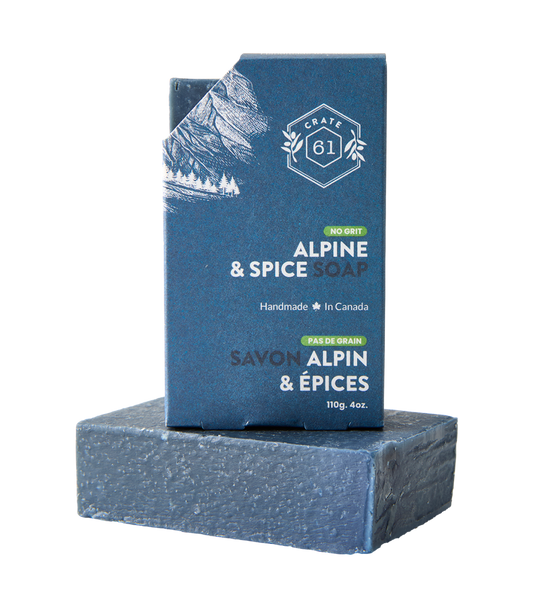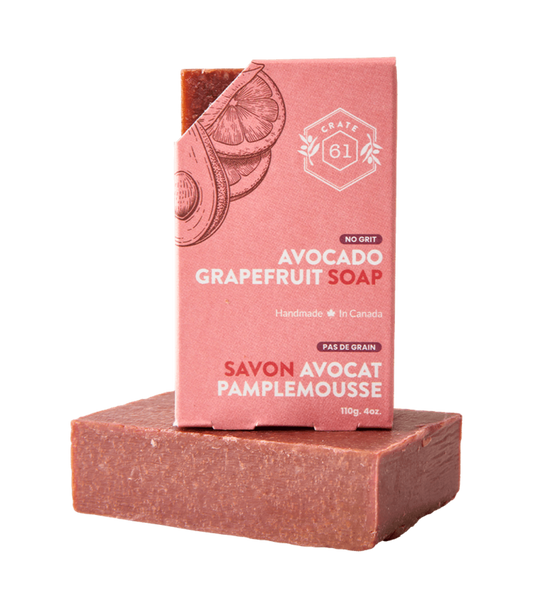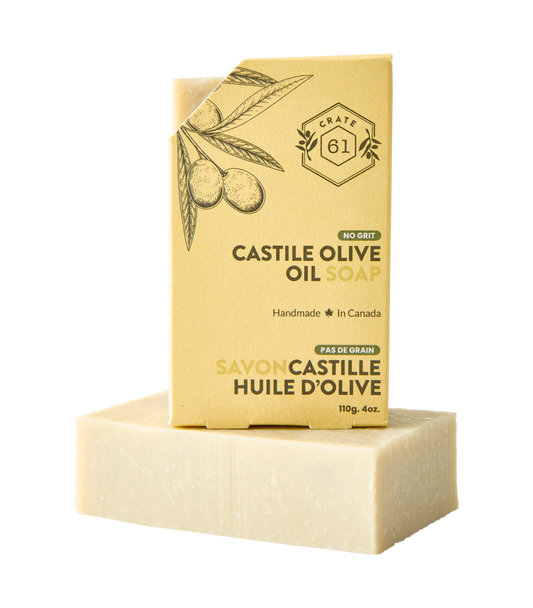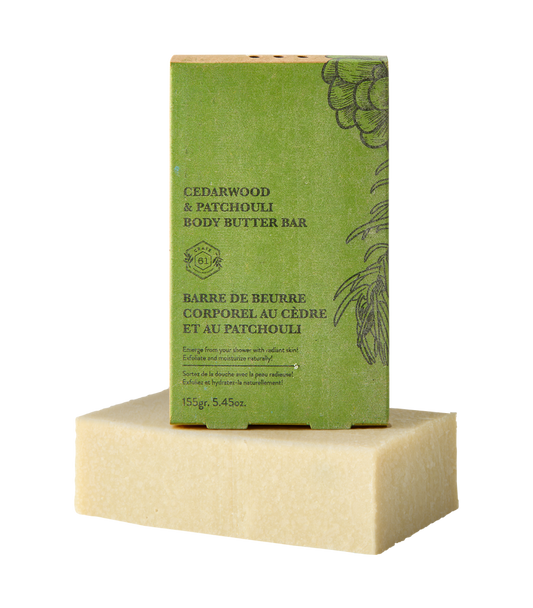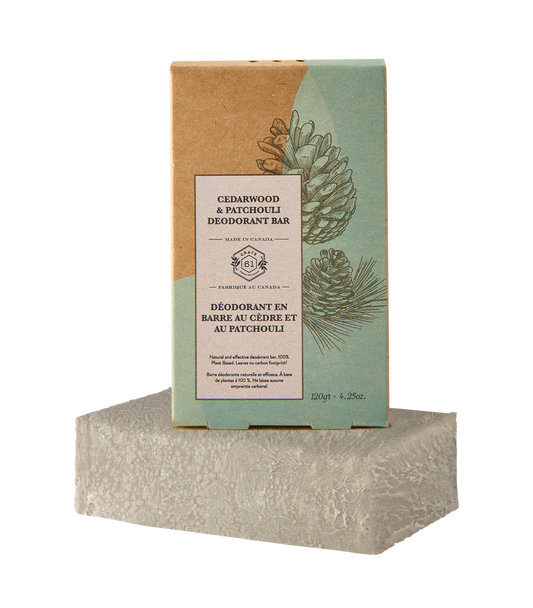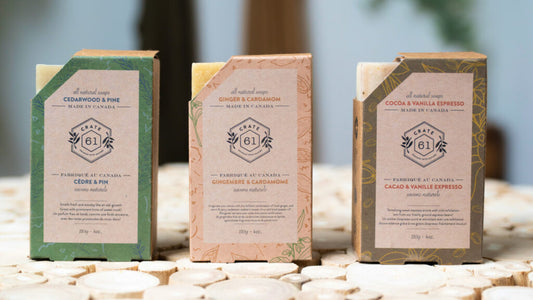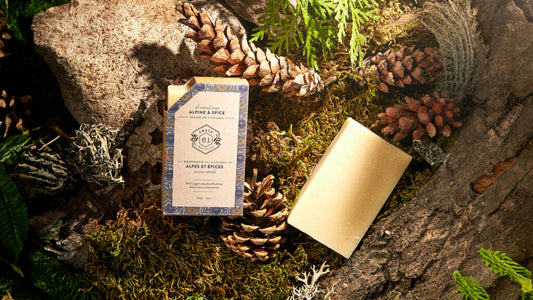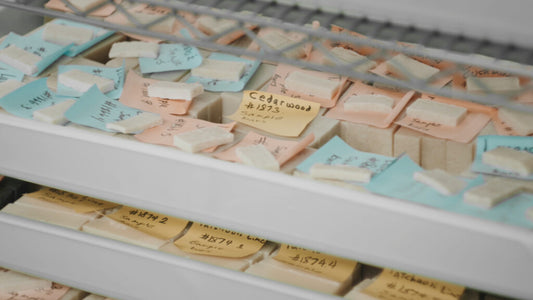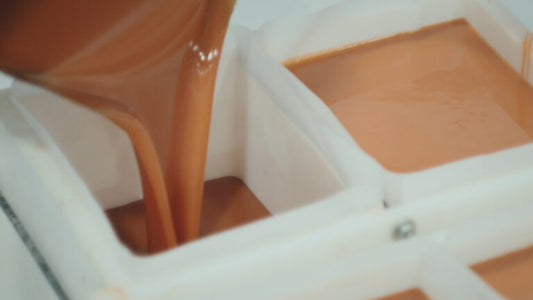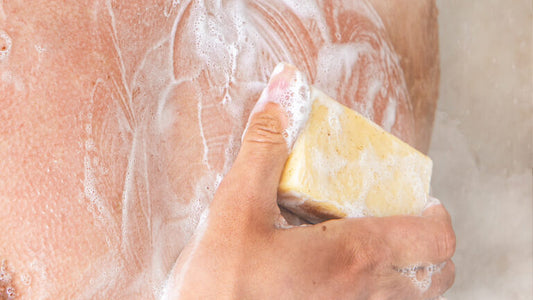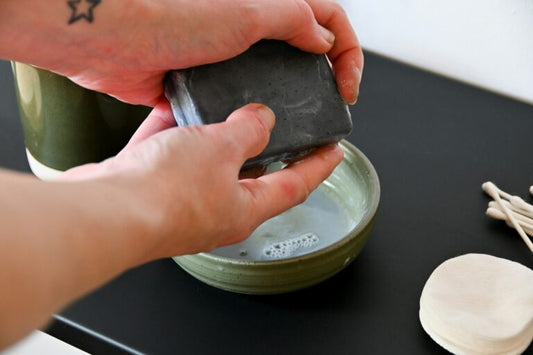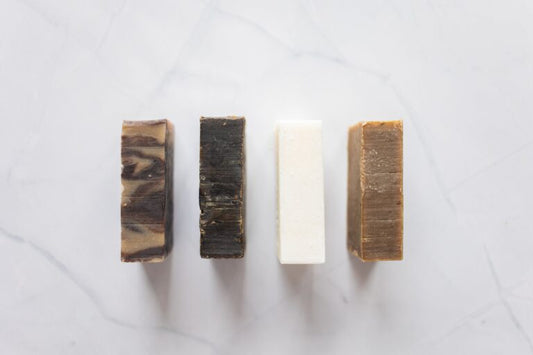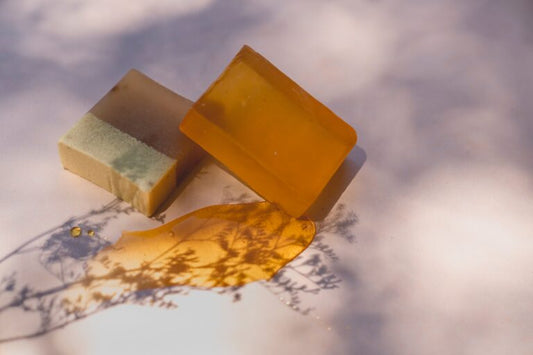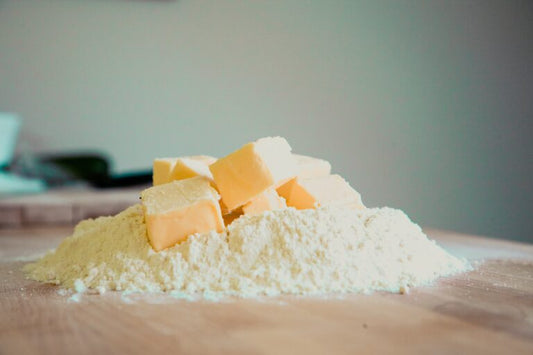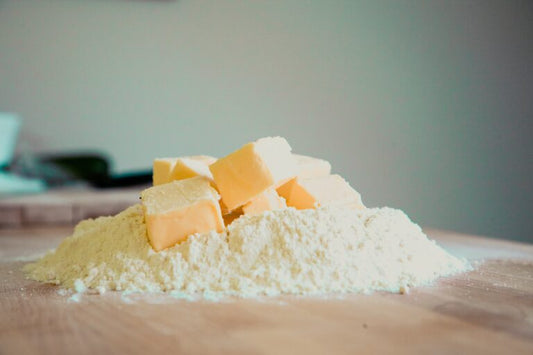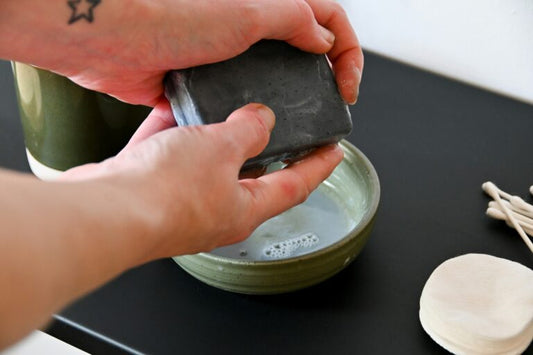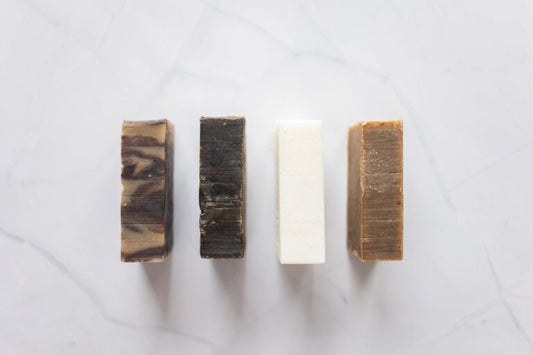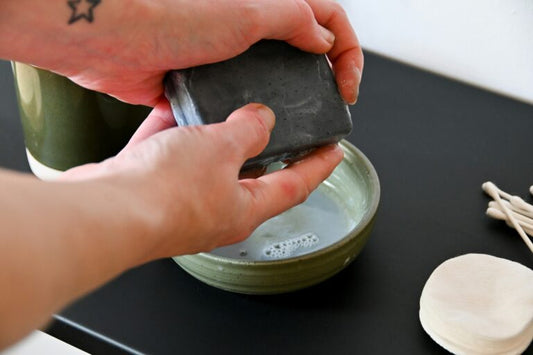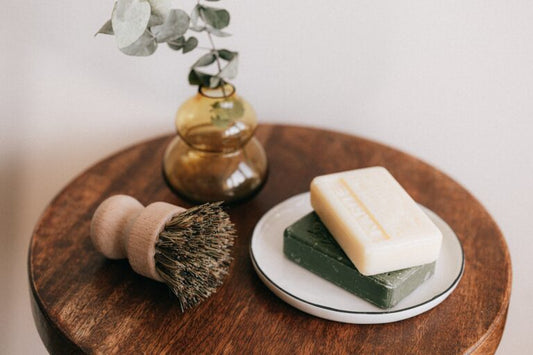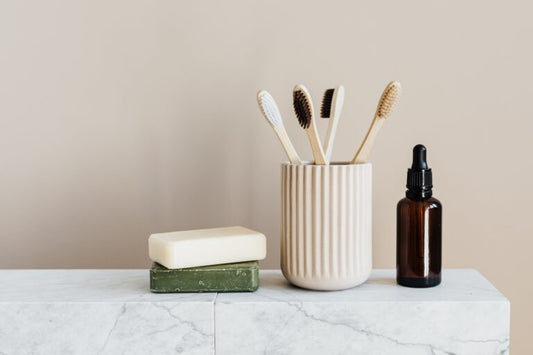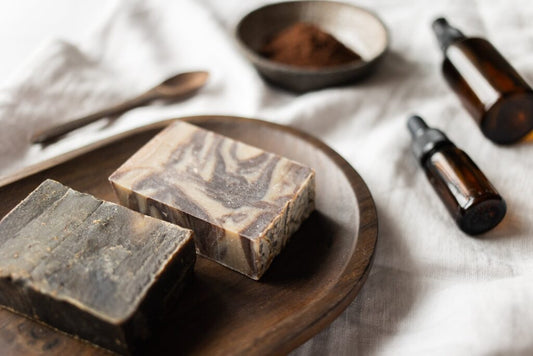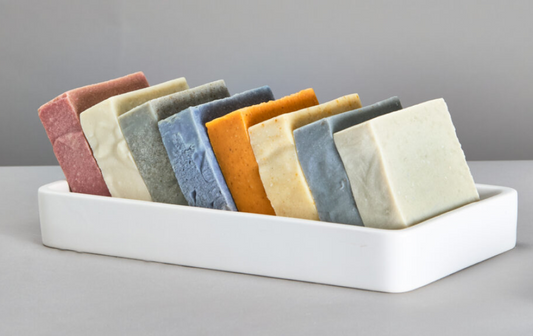Why Exfoliating Is Good For Your Skin

Everything You Need To Know About Helping Your Skin To Heal
No matter your skin type, everyone yearns for the look and feel of soft skin. One of the best ways to accomplish this is to incorporate exfoliation into your regular skincare routine. Not only does exfoliating help with your skin’s texture, but it removes dead and dry skin to reveal a truly radiant complexion. It can also help improve other skin conditions which we’ll get into more below.
If you’re new to the world of exfoliating and want to learn more about its many benefits, you’ve come to the right place. Here we’ll be discussing everything you need to know about exfoliating your skin and how it boosts cellular health.
What Does Exfoliating Do?
Let’s start off with the basics. We’ve all heard the term, but have we ever given a second thought to what it means? Essentially, exfoliating helps to remove dead skin cells from the skin’s surface. While our body naturally sheds and makes room for new skin cells every 30 days or so, oftentimes that might not be enough to achieve the glowing skin we all want.
Exfoliators come in the form of chemical exfoliants, granular substances or exfoliation tools. The method you use will depend entirely on your skin type and concern. For example, someone who wants to eliminate old acne scars would be better off with a gentle chemical exfoliant as discussed with a doctor (or dermatologist), whereas a person with uneven skin tone may benefit more from investing in natural-based gentle exfoliant infused with oatmeal, honey, or lemon ingredients (all known to provide even, radiant skin).
But just remember that while regular exfoliation is crucial to removing dead or dry skin and improving skin’s radiance, it’s also important not to over-exfoliate as well to the point of rubbing your skin raw.

How Often Should You Exfoliate?
Not only does exfoliating help to get rid of dry and dead skin, but it also helps with skin detoxification. Simply walking outside exposes our skin to countless pollutants and toxins that can then lead to clogged pores and acne breakouts. Exfoliating can help unclog pores, as well as aid in fine lines, acne reduction and flaky patches.
However, whether you have flaky skin, dry skin or oily skin, it is recommended that you only exfoliate twice a week, or a maximum of three times a week. Over-exfoliating, especially depending on your skin type, can cause the opposite effect you’re going for. It can cause irritation, redness, breakouts, and hypersensitivity. You may even notice rashes where you’ve scrubbed too hard.
How To Properly Exfoliate Your Skin
Now that you understand what exfoliating your skin means in the first place, it’s time to include it in your well-rounded skincare routine. Even if you have normal skin, you should still get into the habit of exfoliating properly and here’s how:
Wet your exfoliation tool (whether it’s a brush, sponge, or glove)
Add your favourite soap or exfoliant to the exfoliator
Apply it to your skin in a circular motion for approximately 30 seconds
Rinse off
That’s it!
It doesn’t take much extra time to apply these steps to your skincare routine.
Do You Have The Following Skin Conditions?
If you fall under one of the following categories, you may want to look into how to exfoliate properly to improve your condition and be left with glowing, soft skin instead:
Sun Damaged Skin
While laying in the sun can provide our skin with much-needed vitamin D and also has many other health benefits, it can also cause harm. When your skin cells have been exposed to the sun for long periods of time, the sun essentially dries out your natural oils and slows down the rate at which your skin cells regenerate. The dead skin basically leaves you looking discoloured, dry, and wrinkly. To begin removing dead skin cells and evening out your tone again, exfoliating can be a great way to make room for new, healthier, skin cells. Just note that this may not completely reverse it and you should see a doctor or dermatologist about how to treat your skin. They will likely prescribe you a chemical exfoliator to aid in cell turnover.
Acne-Prone Skin
Acne happens to the best of us. It’s annoying, it can be embarrassing, and it can also leave nasty scars for the rest of your life. But that’s why you need to tackle it from the get-go.
Acne can appear anywhere on your body but typically affects the face. It occurs when your skin becomes blocked by bacteria or dead cells which is more likely to happen while going through puberty or while pregnant because of hormonal changes. When bacteria or dead skin seals your pores, that’s when you’ll notice pimples. While it’s best to see an expert to determine how to thoroughly treat your condition, exfoliating regularly can definitely help remove the dead skin cells, or remove any access amounts of oil buildup. It can also improve skin texture so you’re not left with acne scars but again, an expert can determine how to best treat your acne or scars.
Dry Skin
There are many different skin types out there and, unfortunately, dry skin is a (un)popular one. Lack of moisture in the skin can be caused by a variety of things including:
Genetics
Age
Harsh bar soaps
Weather (dry, humid and hot days)
Constant handwashing
Skin conditions like eczema or psoriasis
Swimming in chlorinated pools
Other underlying medical conditions
If you’re longing to make your skin soft again, exfoliating can definitely help you do so as it helps to remove the layer of dead skin while hydrating it at the same time.
Keratosis Pilaris
This is a very common skin condition that is also referred to as “chicken skin”. It causes tiny red dots to appear mainly on your upper arms, thighs, back, and buttocks and yes, it’s caused by dead skin cells. The dead cells block the hair follicles which, in turn, can also cause skin irritation, itchiness, and redness. If you have chicken skin, you can exfoliate gently two times a week, but don’t overdo it and rub your skin until it’s even more irritated. Scrubbing away the dead cells will improve skin elasticity and even out your skin tone.
Say Goodbye To Dead Skin Cells
There are many benefits of exfoliating. If you’ve been wondering why exfoliating is so good for your skin, then we hope we’ve cleared it up for you, literally! With the anti-aging benefits, potential to even out your skin tone and remove the dead cells clogging your pores, you should feel better about the skin you’re in in no time.




